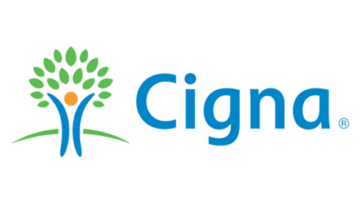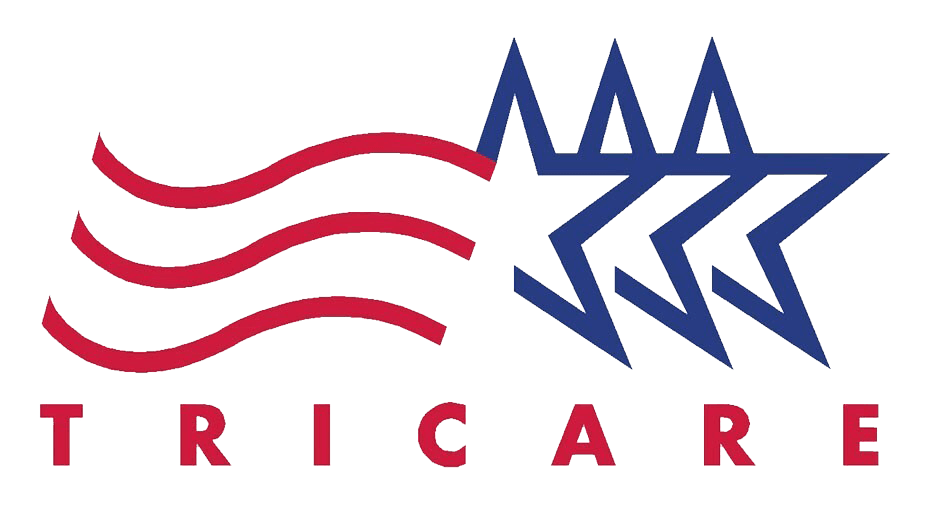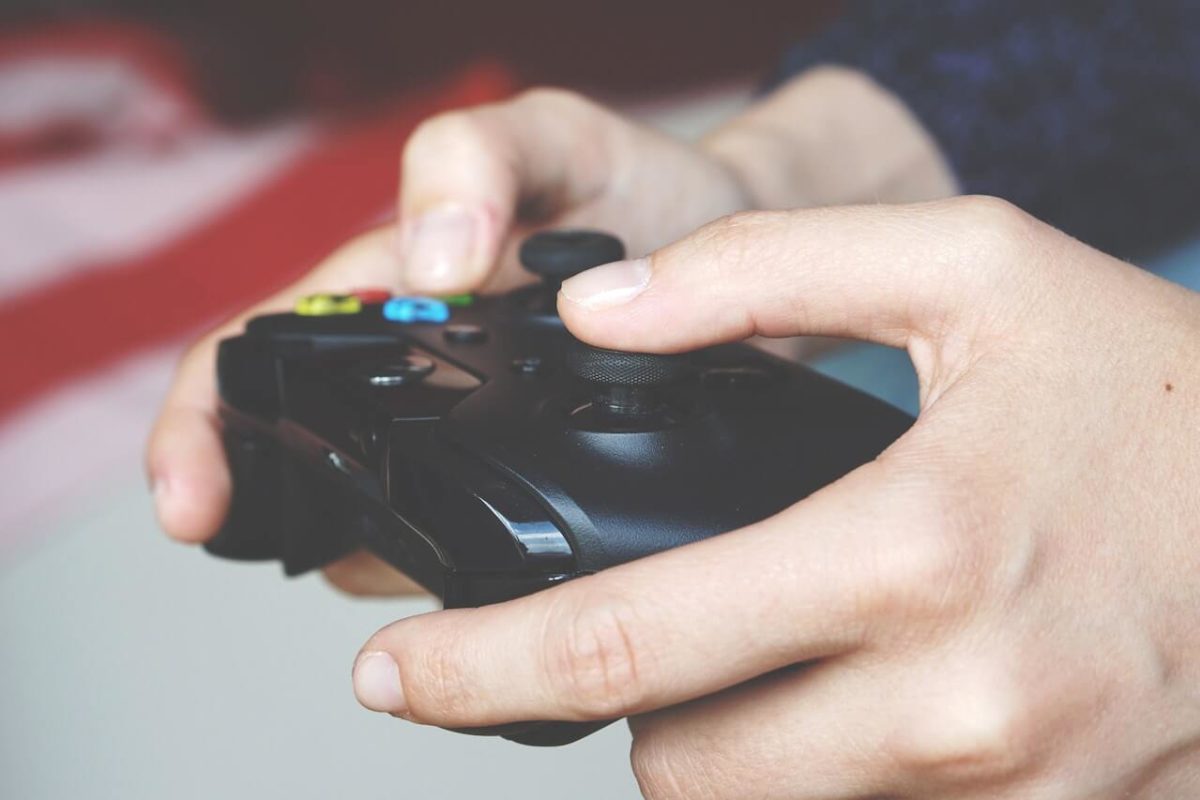You will find an opinion to cover every angle about video gaming, which is not necessarily a bad thing as it provides perspective. Hence there is still some debate as to whether video game addiction is considered a disease or disorder. Although the WHO (World Health Organization) decided to include “gaming disorder” in the 11th edition of the International Classification of Diseases in mid-2018, it did not at all settle the long-standing debate of its pathological bearings. Researchers still demand discussion whether electronic gaming, which is to be considered gaming online, by video consoles and/or on smartphones, could be addictive enough to be considered pathological. Therefore, the WHO’s decision further ignited the controversy leaving researchers on opposite ends demanding the need of more evidence.
Some consider video game addiction disorder as a manifestation, in the form of a coping mechanism or self-medication, of another mental health issue, such as anxiety, depression, attention-deficit/hyperactivity disorder or other established diagnoses. Although neurobiology research does not clarify this question for some researchers, there is no doubt that gaming addiction is a very real problem that needs to be addressed. With this issue becoming ever more prevalent in today’s world, don’t be afraid in getting help for gaming addiction.
Talking To Someone About Your Gaming Addiction
Video Game Addiction is compulsive or uncontrolled use of video games and negatively effects other areas of the person’s life. It is considered a form of tech addiction, computer addiction or internet addiction. Addictive video games have become more commonplace and often target children and young adults. Video game addiction treatment has become an important tool for family as usage continues to expand. Fear can be a dangerous distraction in obtaining optimal health, hence don’t be afraid in getting help for gaming addiction. Oftentimes when someone is struggling with any kind of addiction, reaching out to another person for help can seem embarrassing. However, on the contrary, when someone has the courage in asking for help it demonstrates something. It shows those we reach out to that we respect and trust them.
Asking someone for help shows respect for the other person’s knowledge and abilities. Individuals looked to in times of need most often feel honored. You reached out to them, even if they are unable to help. Genuinely asking for help can strengthen relationships. This is especially true when we eagerly reciprocate if the opportunity arises. If parents for example do not talk about the risks of gaming addiction, problems arise. If they don’t help to set healthy limits, their kids might not see any harm. Playing games obsessively seems acceptable. Having a conversation allows parents to set clear rules. They set expectations for their kids when it comes to use of technology and downtime.
Don’t Be Afraid In Getting Help For Gaming Addiction
Some of the thinking behind the resistance in asking for help with gaming addiction for the individual struggling is fear. Whether it be not being ready to stop playing video games, fear of what others may think, afraid how it would affect work or school, or not knowing where to find treatment or how to pay for it. Abstinence is not the only cure for addiction as recovery is a continual process of learning and healing.
Don’t be afraid in getting help for gaming addiction as learning to ask for help in trying times is one of the most important skills you can learn. You may feel embarrassed, but remember that gaming addiction is a disorder that requires constant maintenance. Successful treatments can help the individual stop engaging in unhealthy amounts of gaming time spent in their life. Professional therapy provides the struggling individual with education regarding their addiction, relapse, and the recovery processes. Therapies used at Omega Recovery for example help clients learn about healthy coping and communication skills, as well as how to build and establish a supportive recovery network outside of a game.
Those Who Should Seek Help For Gaming Addiction
For video game addiction sufferers, negative consequences exist in the form of lost status in the game, such as lost points or reduced rankings relative to other players. But in real life, negative consequences include a lost sense of reality, suffering relationships, emotional rollercoasters, trouble or lack of concentration at school for children- and work for adults. In fact, Dr. Yang Wang and his research associates at the Indiana University School of Medicine did brain-imaging research in 2011 that indicated video gaming-induced brain changes.
Young adults in his study showed “less activation in certain frontal brain regions following one week of playing violent video games.” These frontal brain regions, associated with executive functioning, are also the same brain regions that are affected by drug addiction. Therefore, reinforcing the direction of don’t be afraid in getting help for gaming addiction! Those who should seek help for gaming addiction are noticeably engulfed in the gaming world by anyone that knows them. Some of the signs to look for in someone experiencing gaming addiction are:
- Feeling upset or angry when unable to play video games.
- Thinking about gaming all or a lot of the time.
- The need to spend more and more time playing video games to feel better.
- Not being able to limit or quit playing video games.
- Lost interest in other formerly enjoyed activities.
- Having problems at school, work, or home because of gaming.
- Continuing to play video games despite problems and consequences.
- Lying to people, friends, and family about the amount of time spent playing.
Omega Recovery Provides The Tools Needed To Break Free From Addiction

We get it. It started out as a hobby…a bit of fun on the computer that ALL of your friends were doing. What could be the harm? But then you found yourself playing longer and longer…getting more obsessed with your gaming world. Hell, it was the only thing you may have felt good at. And now you’re being told that you have to stop? No way! But if you’re at that place in your life—or if your loved one is stuck in “the Matrix” and struggling in their day-to-day lives, there is a solution. Oftentimes, making a change is just taking the first step of asking for help. Don’t’ be afraid in getting help for gaming addiction, it is the most important first step toward recovery! There are caring professionals that understand this very new clinical problem and can help you or your family member get their lives back.
At Omega Recovery, Dr. Kardaras, his team, and their unique programs address all the underlying issues associated with gaming addiction. Don’t be afraid in getting help for gaming addiction, especially from the right support team and treatment facility. Yes, there is a digital detox period, but during that digital detox, the real work of self-discovery and long-term recovery happens. At Omega Recovery we meaningfully engage our gaming clients and connect them to caring, well-trained masters-level therapists trained by Dr. Kardaras and certified by the NIDHW (National Institute for Digital Health and Wellness). Clients begin to do the underlying psychodynamic work so that they can build a stronger and more empowered sense of their own identity. A healthy and strong self identity without the counterfeit reality of their video games and false reality.







